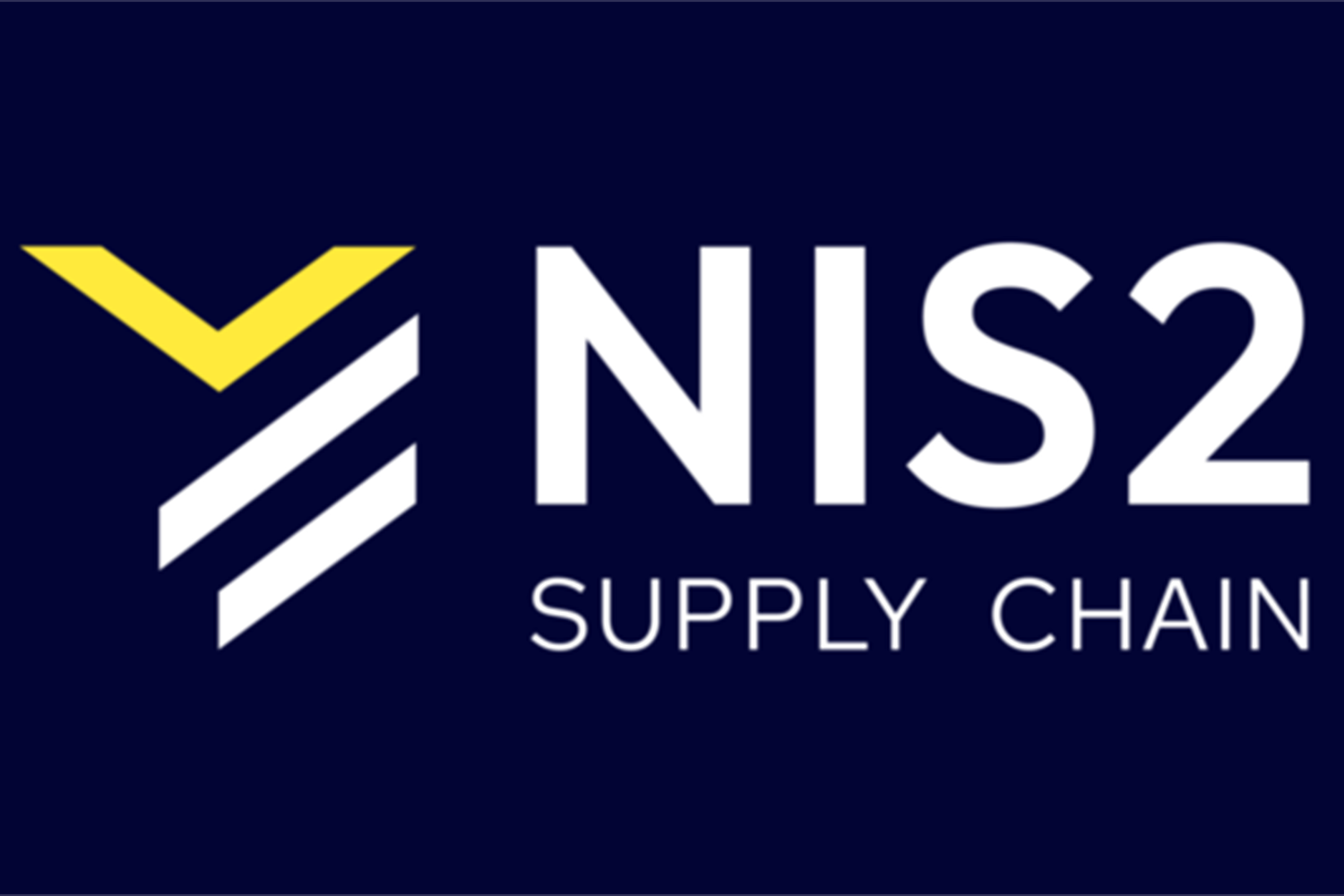Introduction to DORA
DORA is designed to protect businesses from cyber attacks and operational disruptions. By implementing strict IT security measures and risk management practices, this law ensures that financial institutions are resilient and resilient. The regulations complement existing legislation, such as NIS2 and GDPR, and specifically address the unique challenges within the financial sector.
Importance of DORA to your organization
The financial sector has become increasingly dependent on technology for its services. This makes the sector vulnerable to technological problems, such as cyber attacks. DORA is therefore important for financial institutions. It ensures they have robust systems in place to withstand cyber threats and ensure operational continuity.
Companies that fail to comply with DORA requirements risk significant fines and damage to their reputation. It is therefore critical to have a solid strategy for digital resilience and ensure that all IT systems are compliant with the new requirements.
How to comply with DORA
To meet DORA requirements, companies must take several steps:
- Risk Assessment: Identify and assess potential IT risks within the organization.
- Incident management process: Implement an effective incident management process to respond quickly to IT incidents.
- Regular audits and testing: Conduct regular audits and penetration tests to identify and address weaknesses in the IT infrastructure.
- Oversight of critical IT service providers: Ensure strict controls and oversight of third-party providers of critical IT services.
- Improve chain security: Strengthen the security and resilience of the entire chain to reduce risks of errors in information exchange.
Companies have until December 2024 to comply with these regulations. As of January 2025, all regulations must be fully implemented in every organization.
Benefits of compliance DORA
Meeting DORA requirements offers several advantages:
- Strengthened Reputation: Compliant companies can strengthen their reputation and increase customer and shareholder confidence.
- Avoidance of Fines: Compliance helps companies avoid significant fines.
- Operational Continuity: By meeting DORA requirements, companies can ensure a higher degree of operational continuity.
- Safer Financial Sector: The entire financial sector benefits from improved security and stability, contributing to a healthy economic environment.
Conclusion
Implementing the Digital Operational Resilience Act (DORA) requires significant effort and resources, but the long-term benefits are significant. By investing in digital resilience now, companies can protect themselves from future threats and build a solid foundation for sustainable growth. It is important that financial institutions take these regulations seriously and take the necessary steps to comply with the new requirements.
With the right approach and preparation, your organization can not only meet DORA requirements, but also benefit from improved digital resilience and a stronger market position.
In our white paper, we take you step by step through our implementation process.


















